Start your international development career with GIZ trainee programmes 2026 (DC Trainee Programme, Financial Management, and PR Traineeship). Learn eligibility, structure, application steps, salary, selection timeline, and winning tips for the 2026 intake.
GIZ Trainee Programmes 2026: Complete Guide
GIZ trainee programmes are an excellent, structured route into professional life in development cooperation. If you want hands-on international experience, rotations between field and policy, and a clear pathway into German and international development organizations, this article explains everything you need to know about the German Development Cooperation (DC) Trainee Programme, the Financial Management Trainee Programme (international locations), and the Public Relations (PR) Traineeship — including eligibility, structure, salary, application steps, selection timeline, and concrete tips to strengthen your application.
Quick overview: what the GIZ trainee programmes are
Which trainee tracks are offered
GIZ runs several trainee and early-career tracks. The headline 2026 options are:
- German Development Cooperation (DC) Trainee Programme — the flagship, 17-month rotational programme that blends field practice with policy exposure.
- Financial Management Trainee Programme (international locations) — focused on finance systems, compliance, and operational budgeting in country offices and regional hubs.
- Public Relations (PR) Traineeship — focused on external communications, media relations, digital outreach and stakeholder engagement.
Who runs the programmes and why they matter
These programmes are implemented by GIZ (Deutsche Gesellschaft für Internationale Zusammenarbeit) on behalf of the Federal Ministry for Economic Cooperation and Development (BMZ). The design links practical project work with policy experience at BMZ. For candidates, that means exposure to both implementation realities and strategic policy-making — a rare combination that recruiters value.
Programme structure: what to expect across 17 months
The DC Trainee Programme structure (typical example) is designed to build technical skills and policy understanding progressively.
One-month onboarding in Germany
You start with an intensive one-month onboarding in Germany: orientation to German development policy, intercultural training, security briefings, and practical preparation for living and working abroad.
Eight-month technical assignment
You spend eight months in a partner country working on a technical cooperation project. Expect practical tasks: supporting project design, monitoring, partner coordination, training, and reporting.
Three-month second placement (country or partner HQ)
This three-month rotation broadens your exposure — either a second country placement or an assignment at the head office of a partner DC organization (German or international).
Five-month final placement at BMZ
The programme finishes with a five-month placement in the Federal Ministry for Economic Cooperation and Development (BMZ) in Bonn or Berlin. Here you experience policy making, donor coordination and the strategic side of development. That final rotation is a major advantage for candidates aiming for roles that require policy insight.
Financial Management Trainee Programme (international)
Typical rotations and tasks
Financial management trainees rotate through country office financial units, regional hubs, and possibly HQ finance teams. Tasks may include:
- Budget monitoring and financial reporting.
- Grants and donor compliance.
- Internal controls and audit support.
- Cost analysis, forecasting, and financial process improvement.
Required skills and certifications
- Strong Excel skills; familiarity with ERP systems is a plus.
- Basic accounting qualifications (e.g., coursework, ACCA/part-qualified) are advantageous.
- Precision, integrity, and confidentiality are essential.
Public Relations (PR) Traineeship
Communications tasks and portfolio building
PR trainees support communications teams with:
- Media relations and press briefings.
- Social media strategy and content creation.
- Storytelling and case-study development.
- Event communications and stakeholder outreach.
Digital skills and media training
Modern PR trainees need multimedia skills (editing, graphic basics), familiarity with content management systems, and the ability to translate technical project language into accessible messaging for the public and donors.
Who should apply: ideal applicant profile
Academic requirements and work experience
- University degree — required (completed by programme start). Degrees in development studies, economics, public policy, communications, business, finance, international relations, environmental science, or related fields are common.
- Work experience: internships, voluntary service, or short-term contracts are valuable. Initial experience in a developing country is a strong advantage.
Language, mobility and soft skills
- German proficiency: good written and spoken German is important (applications and many selection stages are in German).
- English is vital for international placements. Additional languages are beneficial.
- Soft skills: adaptability, teamwork, intercultural sensitivity, problem solving, and communication.
Eligibility checklist and common disqualifiers
Degree completion, documentation and timing
- You must have completed your studies by the programme start (not necessarily at application time). Check the specific vacancy for exact wording.
- Prepare transcripts, degree certificates and any required references.
Nationality, age and other considerations
- The DC Trainee Programme is open to all nationalities and has no age limit.
- Some trainee tracks may have location- or nationality-specific priorities depending on the assignment country.
Common disqualifiers
- Submission of application documents in the wrong language (documents must be in German for many tracks).
- Missing or incomplete certificates.
- Lack of demonstrated mobility or inability to accept overseas assignments.
Pay, benefits and practical support
Monthly salary (EUR 2,300) and allowances
- DC Trainee Programme salary: EUR 2,300 per month (during the programme).
- Financial Management and PR programmes may have different remuneration; check the advert.
Insurance, travel and housing during placements
- Typically, travel to and from assignments, basic insurance and accommodation support are arranged or covered. Exact conditions vary by placement—confirm each vacancy’s terms.
How to apply: step-by-step
Preparing a German CV and cover letter
- Write your CV and cover letter in German (as requested). Keep the CV concise (1–2 pages) and use the German CV layout (personal data, education, work experience, skills, languages).
- In the cover letter explain clearly: why this traineeship; what you bring; how your skills match the profiles.
Using the electronic application form
- Apply via the GIZ job portal when adverts go live (expected Nov/Dec 2025 for July 2026 start).
- Fill the online form fully and upload attachments.
Documents to attach (certificates, references)
- Degree transcript and certificate (or proof of expected completion).
- Language certificates (if any).
- References or recommendation letters (if available).
- Any relevant work samples (for PR track).
You will receive an automated confirmation after submitting your application.
Selection process and timeline
Pre-selection, selection days and assessments
- Pre-selection begins after the application deadline.
- Selection days (assessment centres/interviews) are scheduled — they will not start before mid-January 2026.
- Assessments typically include competency interviews, case exercises, and language checks.
What happens after selection
- Successful candidates receive conditional offers subject to checks (references, health, background).
- Onboarding starts with the one-month German module, followed by deployments.
How to stand out: tips for a successful application
CV and cover letter examples
- Lead with measurable results: e.g., “Managed a community education initiative reaching 500 learners; improved participation by 35%.”
- For PR: include links to articles, social content or campaigns.
- For finance: detail software and processes you used (e.g., SAP, QuickBooks, budgeting).
Interview and assessment preparation
- Practice STAR responses: Situation, Task, Action, Result.
- Be ready for behavioral questions about teamwork, conflict, deadlines and cultural adaptation.
- Prepare a concise example of a project you led or contributed to, and the outcome.
Challenges and how to manage them
Language barriers and German proficiency
- If your German is not fluent, start intensive language study now. Even B1–B2 level can be improved with a 3–6 month course.
- Use language certificates to prove level where available.
Mobility, family and security considerations
- Overseas assignments may require flexibility on timing and location. Discuss family or visa constraints early with recruiters.
- Security rules vary by country—GIZ will brief and support as required.
Career outcomes: what graduates do next
Jobs inside German DC and international orgs
Alumni often move into:
- Project officer roles in GIZ country offices.
- Positions at BMZ or partner ministries.
- Roles with other multilateral or bilateral development organizations.
- Specialist technical positions (M&E, finance, communications).
Alternative career paths and further study
- Some graduates return to academia for specialised master’s programmes (e.g., development economics, public policy).
- Others move into donor-funded consultancies or the private sector working on CSR and sustainability.
Frequently Asked Questions (FAQs)
1. When will the 2026 trainee adverts appear?
Job adverts for trainee programmes starting July 2026 are expected in November or December 2025. Watch the GIZ job portal and apply promptly.
2. Do I need perfect German to apply?
A good command of spoken and written German is important. Many selection stages and documentation are in German. If your German is limited, invest in language training before applying.
3. Is there an age limit?
No. The DC Trainee Programme is entry-level with no age limit. Focus instead on demonstrating relevant skills and mobility.
4. What does the EUR 2,300 salary cover?
EUR 2,300 is the monthly salary paid to DC trainees during the programme. It is intended to cover living expenses. Additional allowances for placements may apply—check the vacancy details.
5. Can I apply if I haven’t finished my degree yet?
You must have completed your degree by the start of the programme. Some adverts require completion at application time; others allow proof of imminent completion—read the vacancy carefully.
6. How competitive is selection?
Selection is highly competitive. Prepare a sharp German CV, clear examples of impact, language proof and availability for selection days.
7. Where do I send questions?
Contact: Caroline Neininger — caroline.neininger@giz.de | Tel.: +49 6196 79 7509.
8. Will GIZ help with visa and relocation?
GIZ typically supports administrative processes for official placements, but exact visa, housing and relocation arrangements depend on the assignment. Confirm details in the job advert and offer letter.
9. Are traineeships paid abroad?
Yes. The programme includes remuneration; additional allowances may apply for overseas assignments. Exact terms are in the vacancy text.
10. Can I apply to more than one track?
Yes—if you meet the eligibility for each track. Tailor your CV and cover letter to highlight the track-specific skills.
Conclusion and final checklist
GIZ trainee programmes are a high-value route into international development: they combine field experience, partner rotations and policy exposure at BMZ. If you are motivated, mobile, and ready to work in multilingual settings, these traineeships can accelerate your career.
Final checklist before you apply
- Prepare a German CV and cover letter.
- Ensure your degree completion timing meets the vacancy requirement.
- Gather transcripts, references and language certificates.
- Practice STAR-style interview examples.
- Monitor the GIZ job portal in Nov–Dec 2025 for adverts and register early for selection days.
Where to find adverts and more information:
Visit the GIZ careers portal and search trainee programmes: https://www.giz.de/en/html/726.htm (GIZ careers and vacancies). For direct queries contact: Caroline Neininger — caroline.neininger@giz.de | Tel.: +49 6196 79 7509.
For more opportunities like these, be sure to follow us on Facebook, join our WhatsApp Group and Channel, and connect with us on LinkedIn, and Follow our Twitter Page.
Related Posts
- UNICEF Climate Resilience Internship 2026 – Paid Global Opportunity for Graduates
- World Bank Summer Internship Program 2025 – Fully Funded
- UNDP Research Fellowship 2025 – Global Opportunities for Graduates
- Gates Foundation Internship Program 2025 – Apply for Global Roles
Suggested Keywords (comma-separated):
GIZ trainee programme 2026, DC Trainee Programme, GIZ Financial Management trainee, PR traineeship Germany, GIZ careers 2025, development cooperation traineeship, BMZ trainee placement, apply GIZ trainee, trainee salary EUR 2300, international development trainee, GIZ selection days 2026, how to apply GIZ trainee
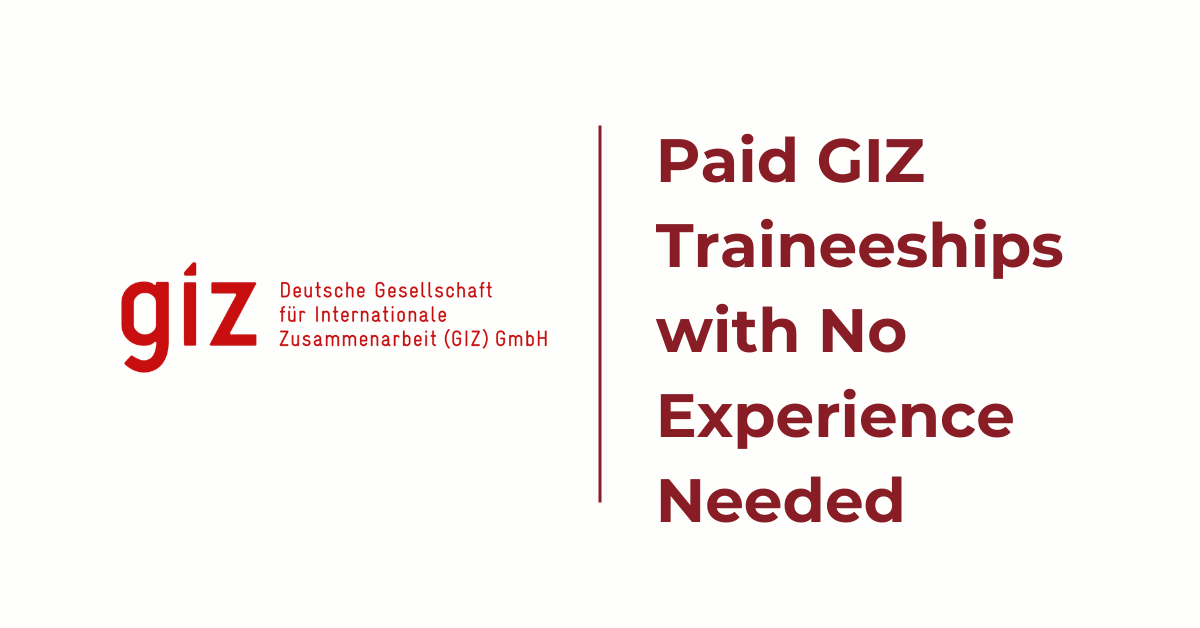
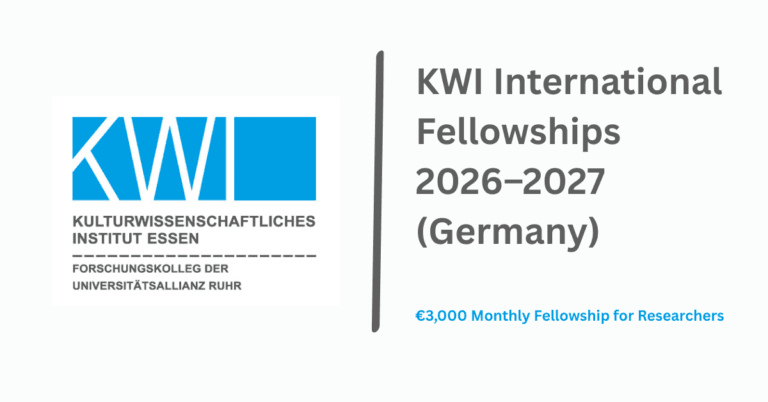
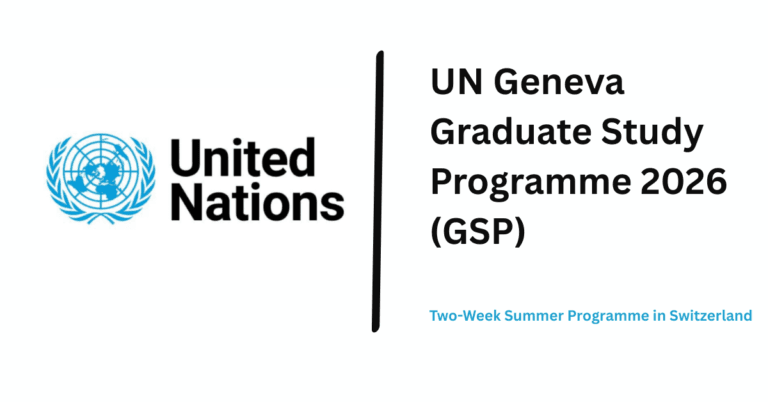
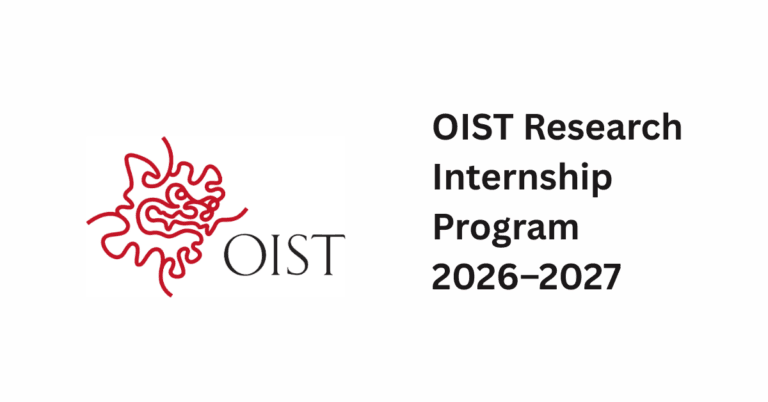
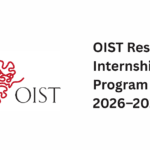
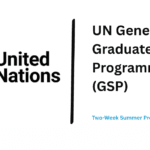
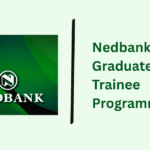
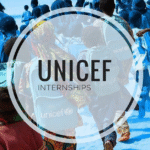
I’m a sierra Leonena
Dear sir/ madam
I hope this email finds you well. I’m Mr Ali from somalia who’s now working humanitarian organization as volunteer known as Save Vulnerable Mother and Child looking jobs nationally and internationally from any department.
I will be very grateful any consideration given to me.
Regards
Ali
I am somali by nationality and eagerly have considerations in this opportunity but no access for German language at all best.
Aren’t there openings for English speaking applicants
Hi, am Miriam Seseka..
Dear Sir/madam, it is with extreme joy that I am writing to you to take part in the GIZ Trainee Programmer which will take place in 2026.I considered it as if it is emanated from the kind heart and soul of the German.I hope you will give me the opportunity to be enrolled which will enable me to make a history in favor of GIZ for building pleasant future globally
I have worked for more than 5 years in the construction of water lines for Aluto Langano geothermal drilling, as an assistant driller and in high pressure welding and know i have working core drilling in Ethiopia Engineering Corporation. If you have a similar job in this field, please contact me at this address.
phon -: 0913683494
eyobsiyoum@gmail.com